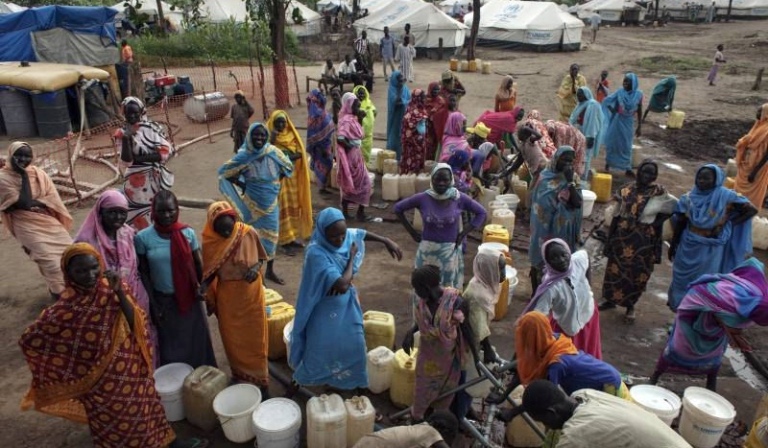Aid worker killed during recent violence in Blue Nile between SPLM-N factions: SKBUCU

August 17, 2017 (KHARTOUM) – A local humanitarian group, the South Kordofan and Blue Nile Coordination Unit (SKBNCU) Thursday announced the death of an aid worker during the last week violence in the Blue Nile State between two factions of the Sudan People’s Liberation Movement North (SPLM-N).
The SKBNCU “is appalled by the death of a humanitarian worker and looting of humanitarian actors’ compounds in the recent conflict in the Blue Nile,” said the group which monitors food security and displacement in the Two Areas.
The SPLM-N has split into two factions on led by Malik Agar controlling the rebel areas in the Blue Nile State and another led by Abdel Aziz al-Hilu based in the Nuba Mountains area in South Kordofan.
As a result of the rift, the partisans of al-Hliu among the Uduk ethnic group who support al-Hilu and the supporters of Malik Agar from the Angsana tribe clashed four times since the outbreak of conflict, three months ago, in the remote areas of the Blue Nile and refugees camps in Maban, South Sudan.
The statement called on the warring faction to stop violence stressing that “Military action without regard for civilians is unacceptable in all circumstances, and the destruction of personal property by military groups will only exacerbate an already desperate humanitarian situation”.
The recent fighting which began on 13 August affected four area in Southern Kurmuk County including Yabus Kubri, Yabus Balah, Yabus Gabah, and Abengaro.
Four civilians, including a humanitarian worker, were killed.
According to a study released last April before the SPLM-N split, the SKBUCU warned against a looming food crisis in the Southern Kurmuk County saying “63% of the population as food insecure, and 41% having no food stocks”.
“This study was performed prior to the current conflict, and it is expected that the population now faces a worse situation with fewer viable coping strategies,” said the statement.
(ST)
